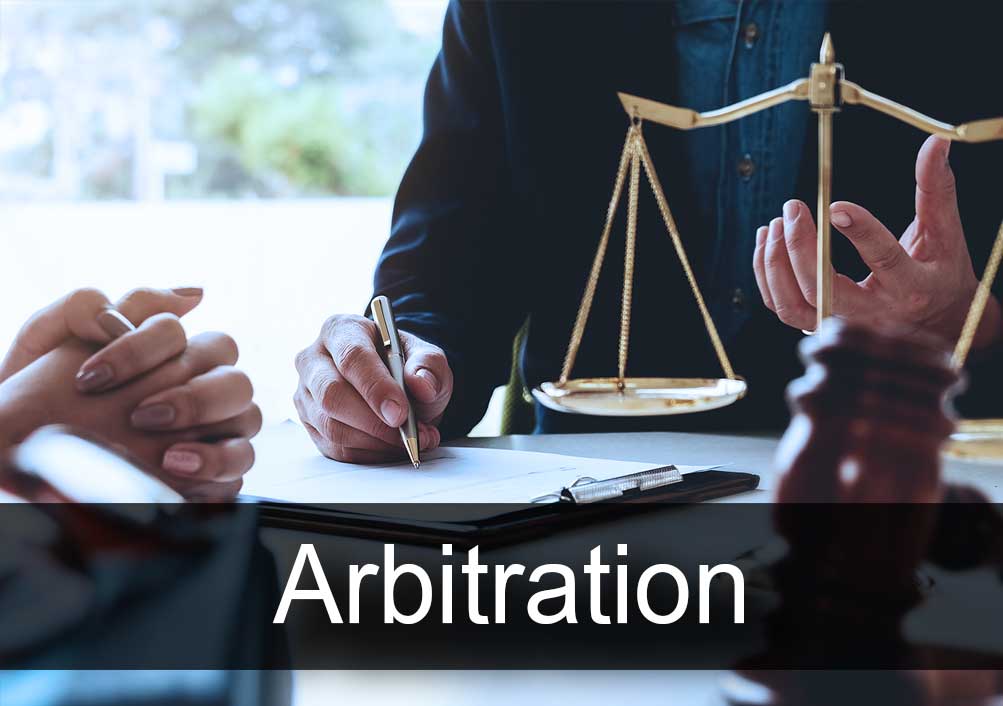In ARB.P. 26/2022-DEL HC- Non-signatory party cannot invoke arbitration Clause under Master Service Agreement: Delhi HC dismisses petition seeking appointment of Arbitral Tribunal where applications under Sections 9 & 11(6) of A&C Act were already filed before Calcutta HC
Justice V. Kameswar Rao [22-05-2023]

Read Order: A.ES ENGINEERS PRIVATE LIMITED v. UGRO CAPITAL LIMITED & ANR
Tulip Kanth
New Delhi, May 24, 2023: While noting that the petition seeking appointment of Arbitral Tribunal will not be maintainable before Delhi High Court when party has already invoked arbitration clause under Facility Agreement before the Calcutta High Court, the Delhi High Court has dismissed the application filed by the petitioner, a non signatory to the Agreement, seeking appointment of an Arbitral Tribunal.
“Therefore, the petitioner cannot enunciate the MSA as a mother agreement, and the arbitration under Clause 13 therein, cannot be invoked as the petitioner is not a signatory to it”, the Single-Judge Bench of Justice V. Kameswar Rao asserted.
The petition had been filed under Section 11 (6) of the Arbitration and Conciliation Act, 1996 seeking appointment of a three-member Arbitral Tribunal to adjudicate disputes between the petitioner and the respondents.
The petitioner, a small enterprise under the Micro, Small and Medium Enterprises Development Act, 2006 engaged in the business of manufacturing and supplying cast iron products such as crane parts casting, tractor parts castings and other motor parts would supply its products to the second respondent which would be utilized by respondent in manufacturing of automobile components and parts.
The petitioner put forth a case stating that the petitioner and the second respondent had business relationship in early 2019, whereby the petitioner supplied goods to the against which the respondent directly released payments. In early 2019, the respondent began defaulting on its payments to the petitioner. Due to the augmenting outstanding dues from the respondent, the second respondent introduced the petitioner to the first respondent which had agreed to provide Bill Discounting Services to the second respondent and a Facility Agreement(FA) was executed between the petitioner and the first respondent.
Thereafter in 2021, the second respondent began defaulting on its payments to the first respondent and the first respondent sent a 'Loan Recall Notice' to the petitioner, claiming an amount of Rs 1,97,27,033.The first respondent continued to disburse money to the petitioner even after the 'Loan Recall Notice'.
The first respondent sent an Arbitration Reference Notice to the petitioner under Clause 13 of the FA, along with a letter of appointment of a sole Arbitrator for the arbitration only against the petitioner. The Arbitrator withdrew and the first respondent again filed a petition under Section 9 against the petitioner before the Calcutta High Court which are pending adjudication.
The Bench noted that the FA executed between the petitioner and first respondent consisted of an arbitration clause under Clause 13, which contemplated the seat of arbitration at Kolkata. It was opined that the petitioner is not a party to the agreement which the petitioner sought to invoke.
“Hence, in that sense, the arbitration clause in the MSA would only govern the disputes between respondent No.1 and respondent No.2 and not a dispute between the petitioner and respondent No.1”, the Bench held.
As per the Bench the FA is an independent agreement wherein the petitioner and first respondent and the exclusive jurisdiction has been specifically referred, i.e., seat of arbitration is at Kolkata, which is contrary to the arbitration clause as specified in the MSA. Therefore, it was held that the petitioner cannot enunciate the MSA as a mother agreement, and the arbitration under Clause 13 therein, cannot be invoked as the petitioner is not a signatory to it.
Noting the fact that neither the petitioner was a signatory to the MSA nor the second respondent was signatory to the FA, the Bench referred to the judgment of the Top Court in Jagdish Chander v. Ramesh Chander, wherein it was held that it is not permissible to appoint an arbitrator to adjudicate the disputes between the parties, in the absence of an arbitration agreement or mutual consent.
Thus, due such factual and legal aspects, the Bench dismissed the petition.
Sign up for our weekly newsletter to stay up to date on our product, events featured blog, special offer and all of the exciting things that take place here at Legitquest.




Add a Comment